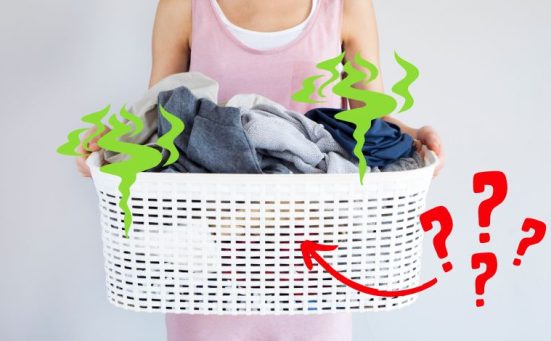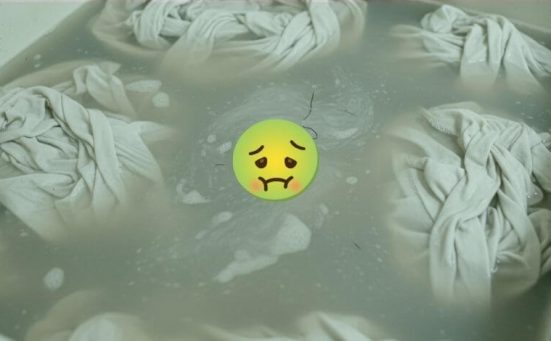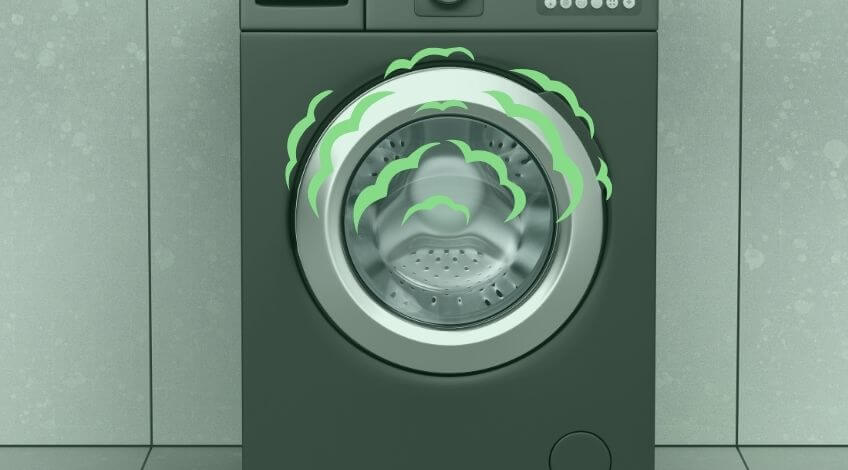
Washing Machine Smells Like Rotten Eggs? Here’s The Real Fix (Not Just Vinegar!)
That horrific rotten egg smell coming from your washing machine isn’t just unpleasant, it’s downright embarrassing when guests are over. You’ve probably tried the standard vinegar trick, but here’s the thing: if you’re still dealing with that sulphur stench after multiple cleaning cycles, you need more than just white vinegar to sort this mess out.
If you’re someone who does loads of washing weekly (hello, busy families and households!), you’ve likely noticed this smell creeping up more often. The good news? There’s a proper solution that actually tackles the root cause, not just masks the problem temporarily.
Why Your Washing Machine Smells Like Rotten Eggs
Before jumping into solutions, let’s understand what’s actually causing this nightmare smell.
The Science Behind The Stench
That rotten egg odour is hydrogen sulphide gas, and it’s produced by bacteria that thrive in warm, damp environments. Your washing machine, especially if you’re doing frequent loads, creates the perfect breeding ground for these smelly microorganisms.
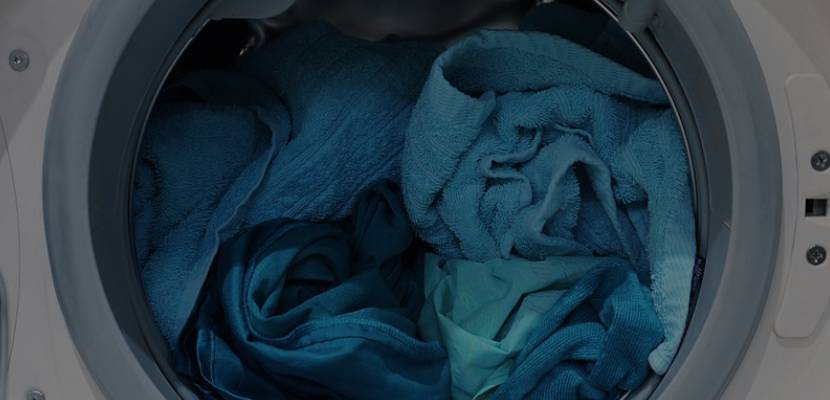
The bacteria feast on soap residue, fabric softener buildup and tiny bits of organic matter (yes, including dead skin cells and food particles from your clothes). When they break down these materials, they release that distinctive sulphur smell that makes you want to hold your breath.
Common Culprits In Your Machine
Several areas in your washing machine can harbour these bacteria:
The rubber door seal on front loading machines collects water, soap scum and debris. If you’ve ever pulled back that rubber and seen black gunk, you’ve found one of the main culprits.
Your machine’s drainage system can develop biofilm (a slimy layer of bacteria) that produces the rotten egg smell. This happens when water sits stagnant in pipes or when drainage is slow.
The detergent dispenser drawer often gets overlooked during cleaning, but it’s a hotspot for bacterial growth. All that soap residue mixed with moisture creates an ideal environment for smelly bacteria.
The Real Fix: Beyond Just Vinegar
Here’s where most people go wrong: they think a quick vinegar cycle will solve everything. Vinegar is brilliant for removing mineral deposits and some bacteria, but it won’t eliminate established biofilm or tackle severe bacterial growth.
Step One: Deep Clean The Rubber Seal
Pull back the rubber door seal (if you have a front loader) and prepare yourself for what you might find. Use a mixture of hot water and bicarbonate of soda to scrub away all visible grime and mould.
For stubborn black spots, make a paste with bicarbonate of soda and a small amount of water. Let it sit for 10 minutes before scrubbing with an old toothbrush. This breaks down the biofilm that vinegar alone can’t handle.
Step Two: Clean The Detergent Dispenser Properly
Remove the entire detergent drawer and soak it in hot, soapy water for at least 30 minutes. Use an old toothbrush to scrub away buildup in all the compartments.
Don’t forget the housing where the drawer sits! Use a damp cloth to wipe down this area thoroughly. You’ll be amazed at how much gunk accumulates there.
Step Three: Attack The Drainage System
This is the bit most people miss, and it’s often where the worst smells originate. Run an empty hot cycle with 500ml of white vinegar, but don’t stop there.
After the vinegar cycle, immediately run another hot cycle with 100g of bicarbonate of soda sprinkled directly in the drum. This combination creates a chemical reaction that breaks down biofilm and eliminates bacteria more effectively than either ingredient alone.
Step Four: The Antibacterial Shock Treatment
Here’s the game changer that most cleaning guides don’t mention: oxygen bleach (not chlorine bleach). Mix two tablespoons of oxygen bleach powder with hot water until dissolved.
Pour this mixture directly into the drum and run the hottest cycle available. Oxygen bleach kills bacteria without the harsh chemical smell or potential damage to your machine that chlorine bleach can cause.
Prevention: Stop The Smell Before It Starts
Once you’ve eliminated the existing bacteria, these habits will prevent the problem from returning.
Leave The Door Open After Each Wash
This seems obvious, but many people forget. After every wash cycle, leave your machine door open for several hours to allow air circulation. This prevents the damp conditions bacteria need to multiply.
If you have pets or small children and can’t leave the door wide open, prop it open just a few inches. Even this small gap makes a huge difference in air circulation.
Use The Right Amount Of Detergent
More detergent doesn’t mean cleaner clothes, it means more residue for bacteria to feed on. Check your detergent packaging for the correct amount based on load size and water hardness.
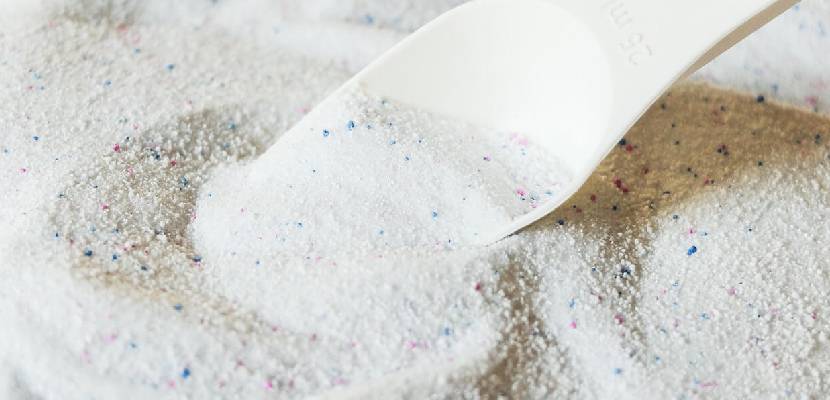
If you live in a hard water area, you might need slightly more detergent, but resist the urge to overdo it. Excess soap creates the perfect food source for smell causing bacteria.
Run A Maintenance Wash Monthly
Once a month, run an empty hot cycle with 200ml of white vinegar. This isn’t enough to eliminate established bacteria, but it’s perfect for preventing buildup.
Add this to your calendar or set a phone reminder. Regular maintenance is much easier than dealing with a full blown bacterial takeover.
Clean The Filter Regularly
If your washing machine has a drain filter (most front loaders do), clean it every few months. This little component traps debris that can become a breeding ground for bacteria.
Check your manual for the filter location. Usually, it’s behind a small door at the bottom front of the machine. Remove it, rinse under hot water, and scrub away any accumulated gunk.
When To Call A Professional
Sometimes, despite your best efforts, the smell persists. This usually indicates a problem with your plumbing rather than just your washing machine.
Signs You Need Professional Help
If the smell continues after multiple deep cleaning sessions, you might have a drainage issue that requires professional attention. Slow draining cycles or water backing up are clear indicators.
A plumber can check for blockages in your waste pipe or issues with your home’s plumbing that create stagnant water conditions.
Don’t Ignore Persistent Problems
That rotten egg smell isn’t just unpleasant, it can indicate bacteria levels that might affect your family’s health. If standard cleaning methods aren’t working, don’t keep hoping it’ll sort itself out.
Professional drain cleaning services can eliminate biofilm buildup in pipes that home cleaning methods can’t reach.
Your Fresh Smelling Laundry Awaits
Nobody should have to hold their breath when opening their washing machine. By tackling the root cause rather than just masking symptoms, you can eliminate that rotten egg smell for good.
The key is understanding that this isn’t just about cleanliness, it’s about creating an environment where bacteria can’t thrive. Regular maintenance, proper ventilation, and the right cleaning techniques will keep your machine fresh and your clothes properly clean.
Remember, if you’re doing multiple loads per week, you’re more likely to encounter this problem simply because your machine gets more use. But with the right approach, you can keep that fresh, clean smell every time you open the door.
If this guide helped you tackle that awful smell, share it with other families who might be struggling with the same issue!
SEE ALSO: 7 Appliances You Should Unplug Every Night (And 3 You Shouldn’t)
Also, follow us on Pinterest ...


